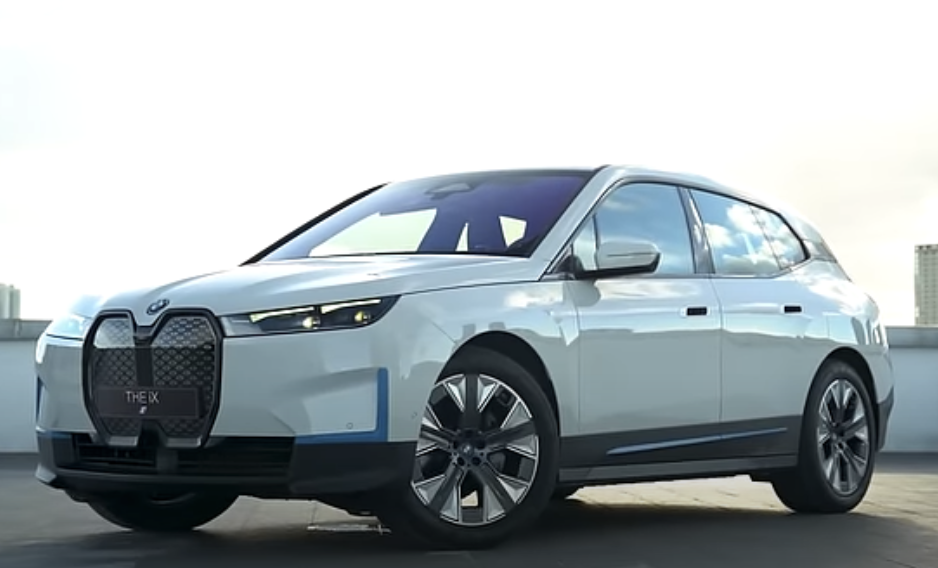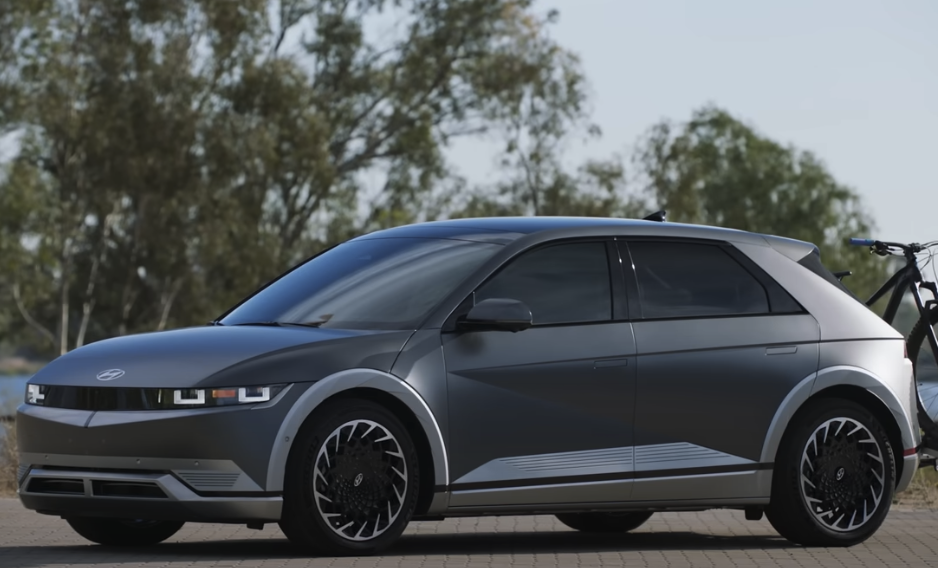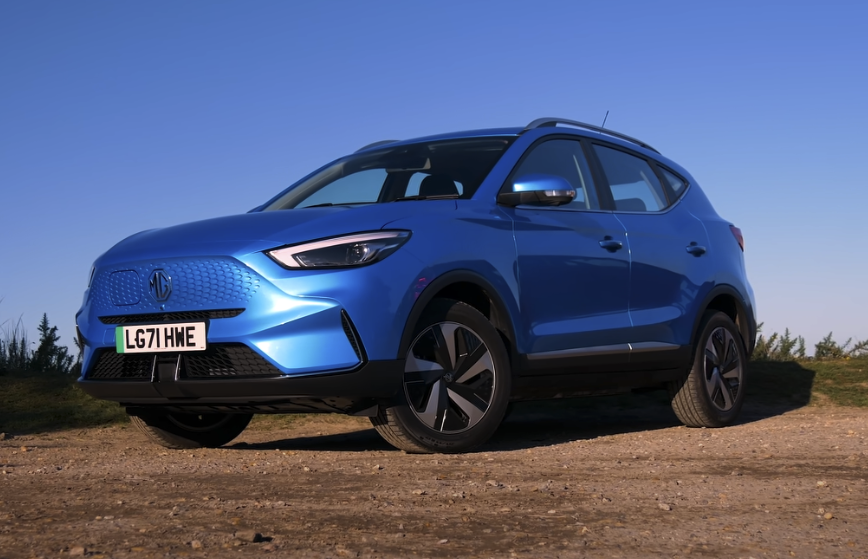New Zealand is making strides in the green revolution, and part of this shift involves the increasing availability and affordability of electric vehicles (EVs). If you’re in the market for the cheapest electric car in NZ, this article will walk you through your best options. We’ll explore a range of models that balance cost, efficiency, and sustainability, ensuring you make an informed decision tailored to your needs.
Discover the Most Affordable Electric Cars in New Zealand
The market for affordable electric cars is growing rapidly. Here, we explore some of the most affordable options available:
MG ZS EV
The MG ZS EV stands out as the entry-level model for those looking to transition to electric vehicles without breaking the bank. With a price starting from $48,990 and a range of up to 263 km per charge, it offers a robust set of features like emergency braking and adaptive cruise control. This model is perfect for city driving and provides ample space for passengers and cargo, making it a practical choice for families.
- Price: From $48,990
- Range: Up to 263 km per charge
- Highlights: Emergency braking, adaptive cruise control
| Pros | Cons |
| Affordable price point | Limited range compared to higher-end models |
| Good range for city driving | Interior materials may feel less premium |
| Advanced safety features | – |
Nissan Leaf

The Nissan Leaf has been a popular choice worldwide and remains one of the most affordable electric cars in NZ. Priced from $60,490, it offers a range of up to 270 km per charge. The Nissan Leaf is known for its quick charging capabilities and comfortable interior, making it an excellent option for those who value convenience and comfort. Its ProPILOT Assist feature also aids in highway driving, enhancing safety and ease.
- Price: From $60,490
- Range: Up to 270 km per charge
- Highlights: Quick charging capabilities, comfortable interior
| Pros | Cons |
| Well-established model with a proven track record | Slightly higher price compared to other entry-level EVs |
| Quick charging capabilities | Range may still be limited for long-distance travel |
| Comfortable and spacious interior | – |
Hyundai IONIQ Electric

Known for its efficiency and eco-friendly design, the Hyundai IONIQ Electric is perfect for daily commutes and longer journeys. Starting at $65,990, it offers a range of up to 311 km per charge, making it a great choice for the environmentally conscious driver. This model features an advanced infotainment system and uses sustainable materials in its interior design, combining technology with eco-friendly practices.
- Price: From $65,990
- Range: Up to 311 km per charge
- Highlights: Efficiency, eco-friendly design, advanced infotainment system
| Pros | Cons |
| Best range among the three models discussed | Higher initial cost |
| Eco-friendly design | Limited availability of fast chargers in some areas |
| High efficiency, ideal for both city and highway driving | – |
Choosing Your Electric Car: Key Considerations
When searching for the cheapest electric car in NZ, consider more than just the sticker price. Evaluate the total cost of ownership, which includes maintenance, electricity costs, and potential government incentives. Also, consider the vehicle’s range to ensure it meets your daily travel needs without frequent recharges.
Conclusion
Finding the cheapest electric car in NZ doesn’t mean you have to compromise on quality or performance. By understanding the full scope of your options, you can select a vehicle that not only respects your budget but also aligns with your environmental values. As the market continues to evolve, staying informed will help you benefit from the most cost-effective and sustainable automotive technologies. Ready to switch? Your next green car might just be one of these affordable models!
FAQ
New Zealand offers various incentives for electric car buyers, including exemptions from road user charges and potential grants. Check with local agencies for the most current information.
Yes, electric cars are generally cheaper to maintain than traditional petrol or diesel cars. They have fewer moving parts, which means less wear and tear and lower servicing costs.
Charging time can vary based on the model and type of charger used. A standard home charger usually charges an electric car overnight. Fast chargers can charge a battery to 80% in as little as 30 minutes.
Yes, many newer models of the cheapest electric cars in NZ offer improved ranges sufficient for long trips. Planning your route around charging stations is advisable.





